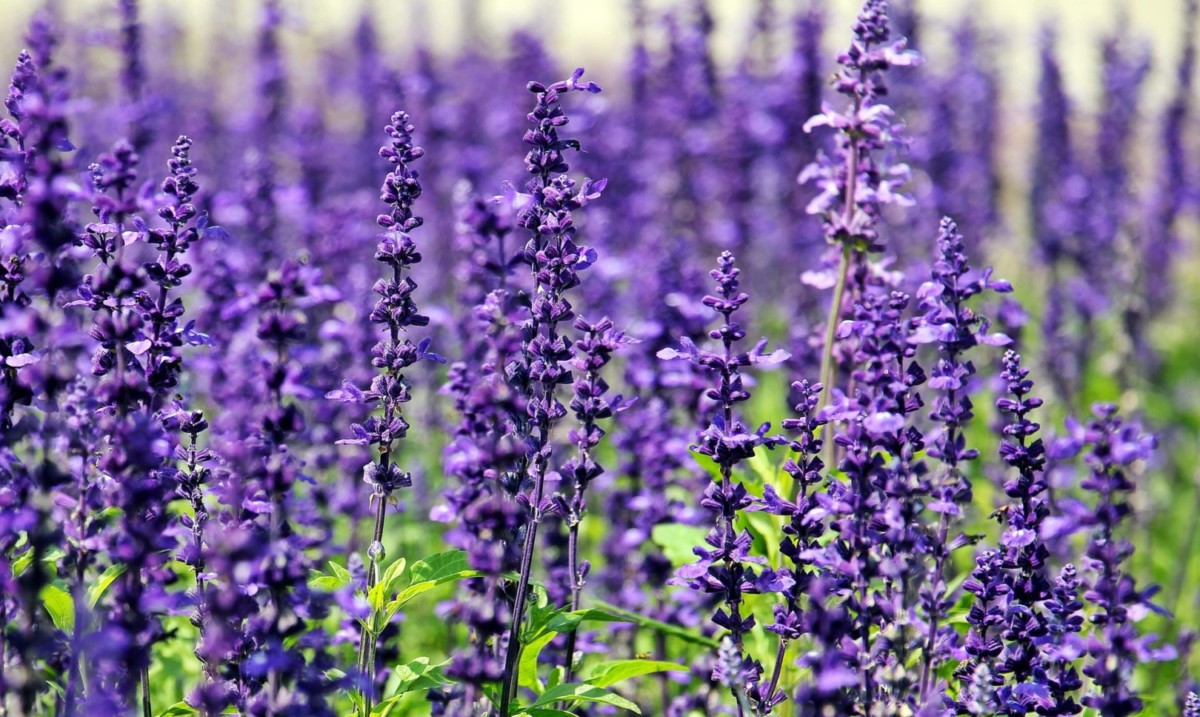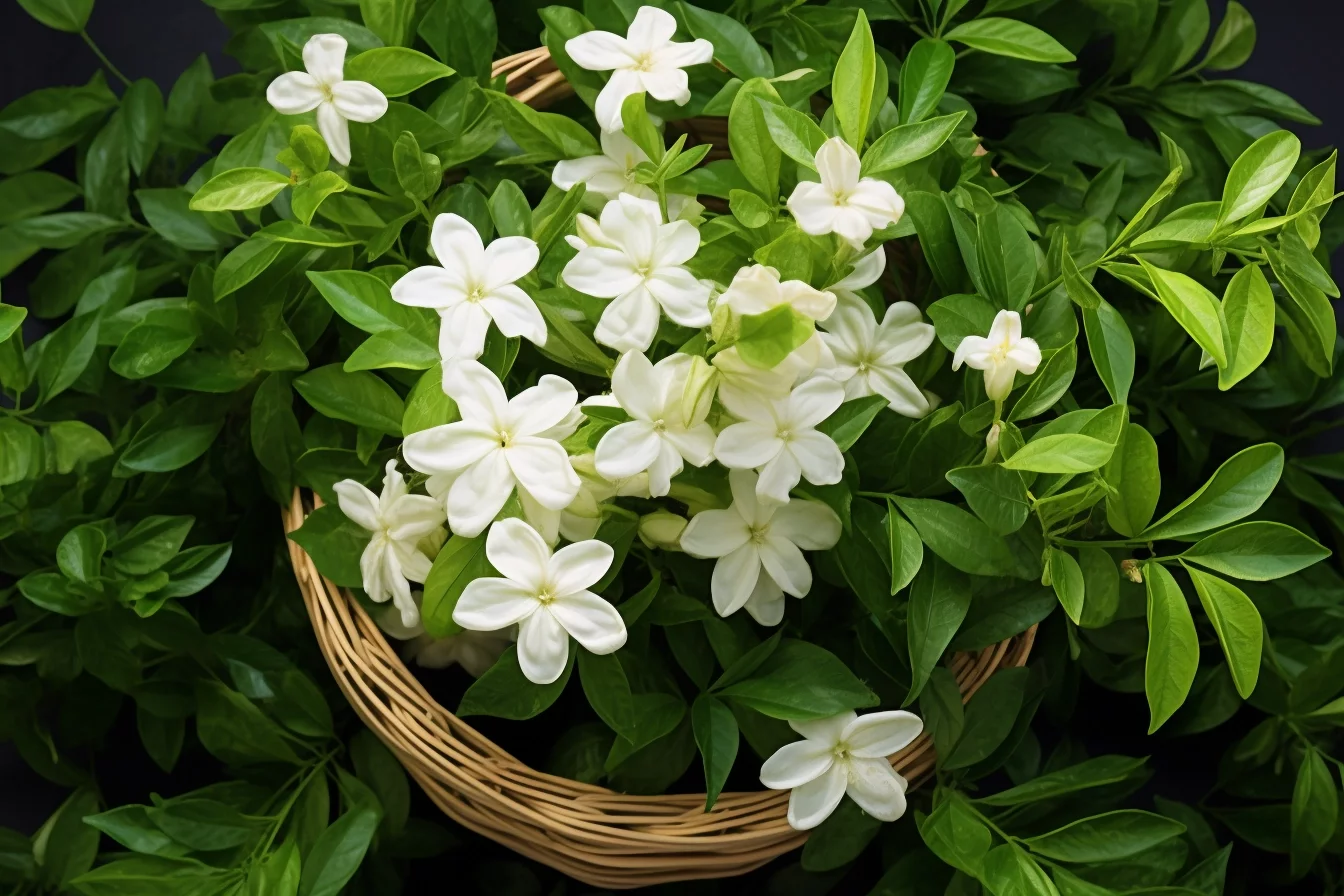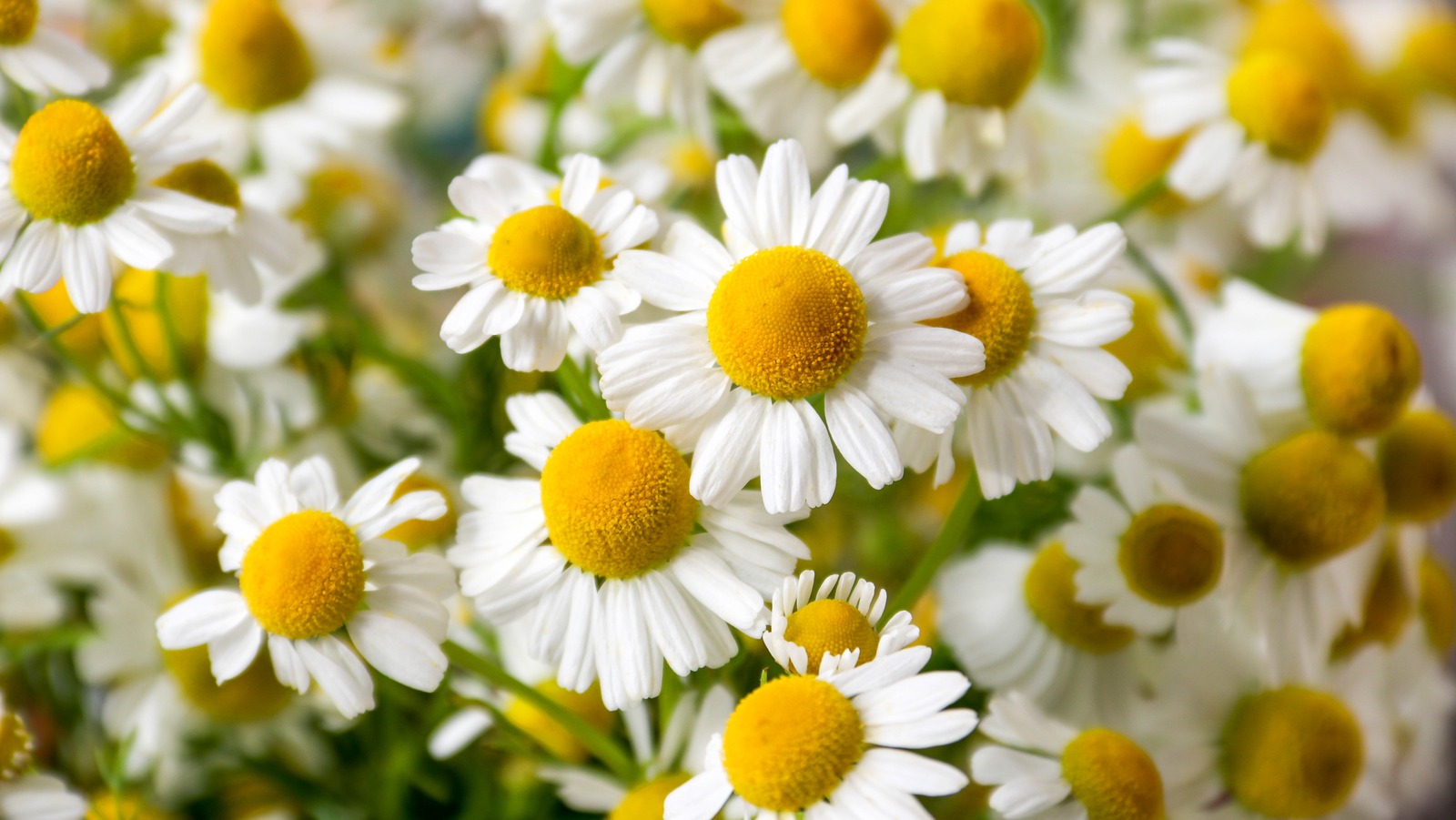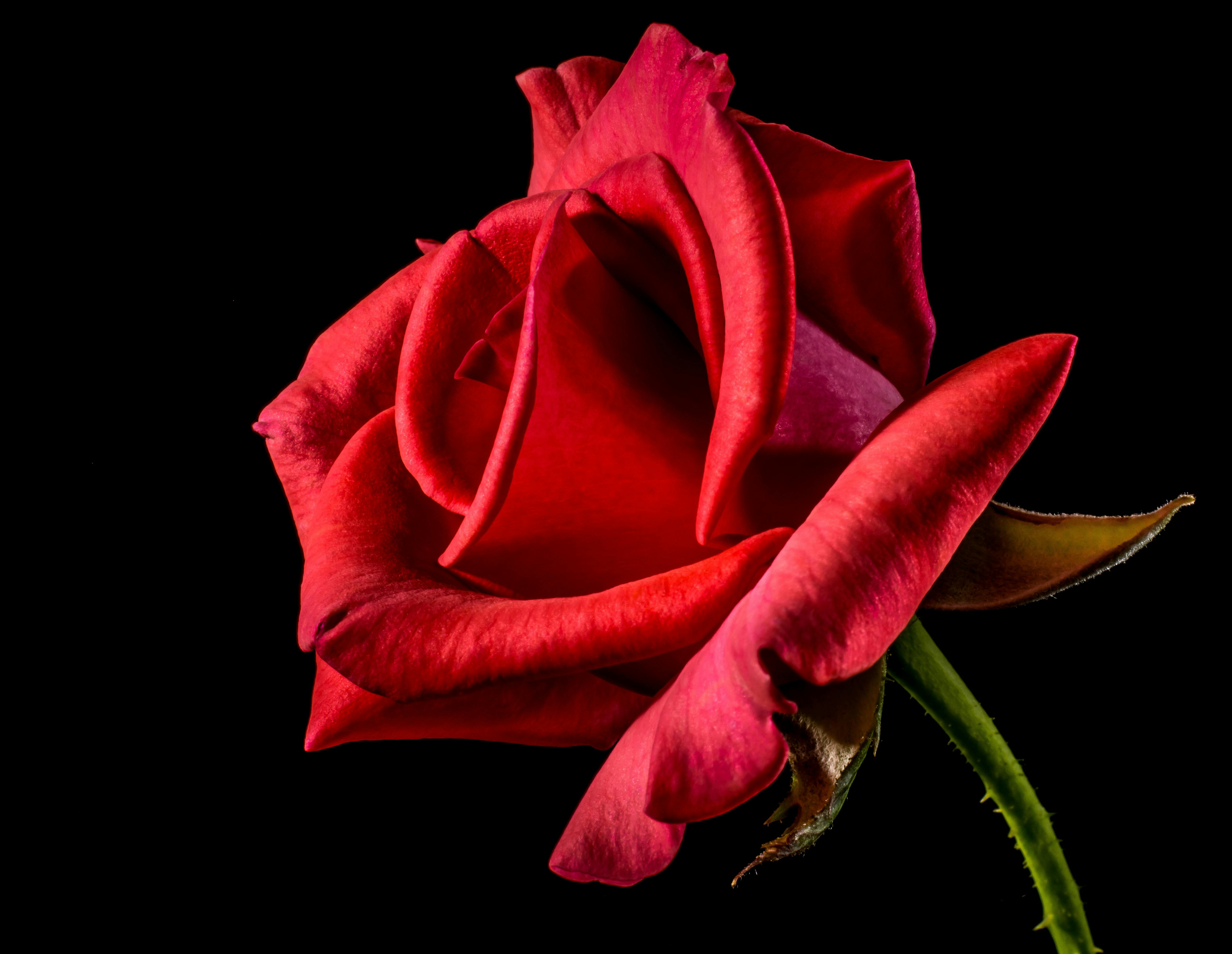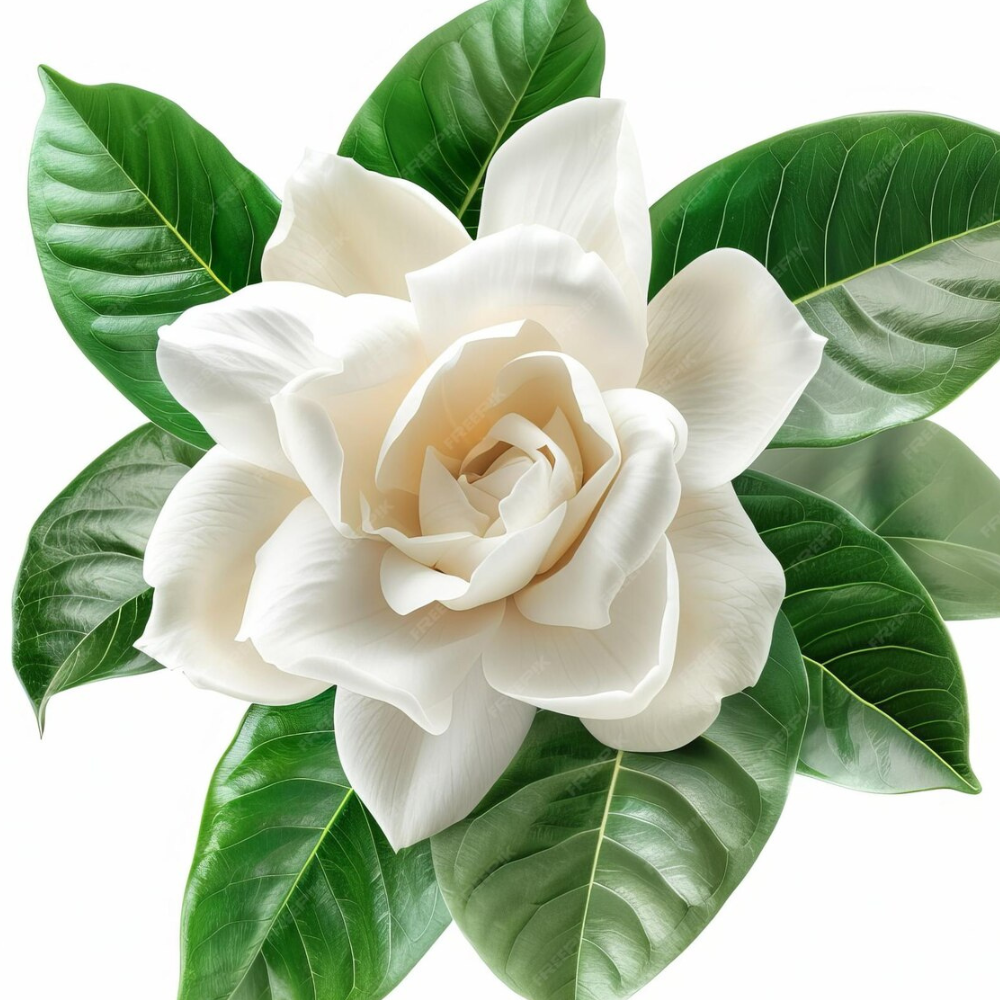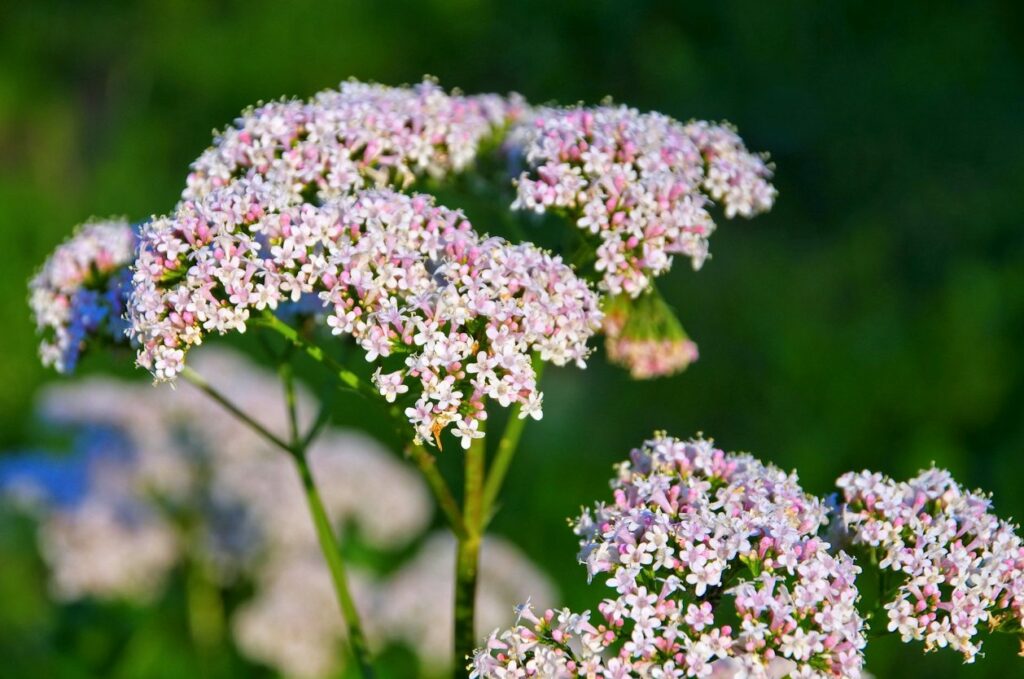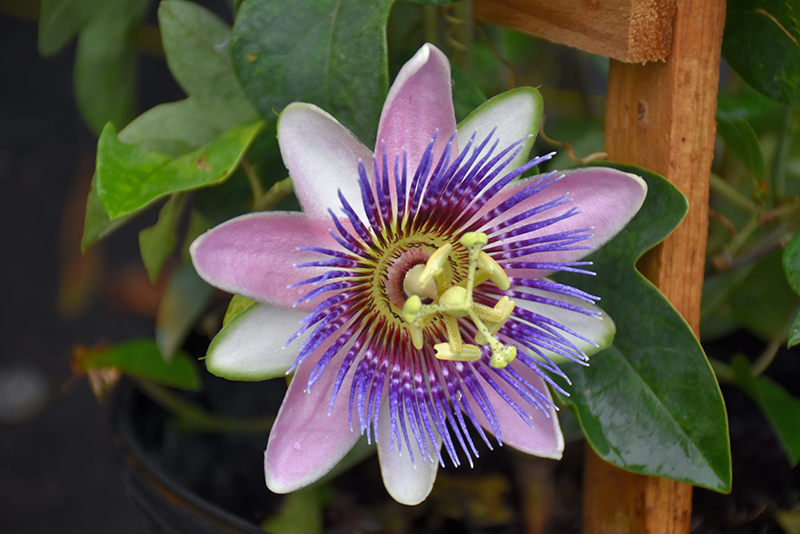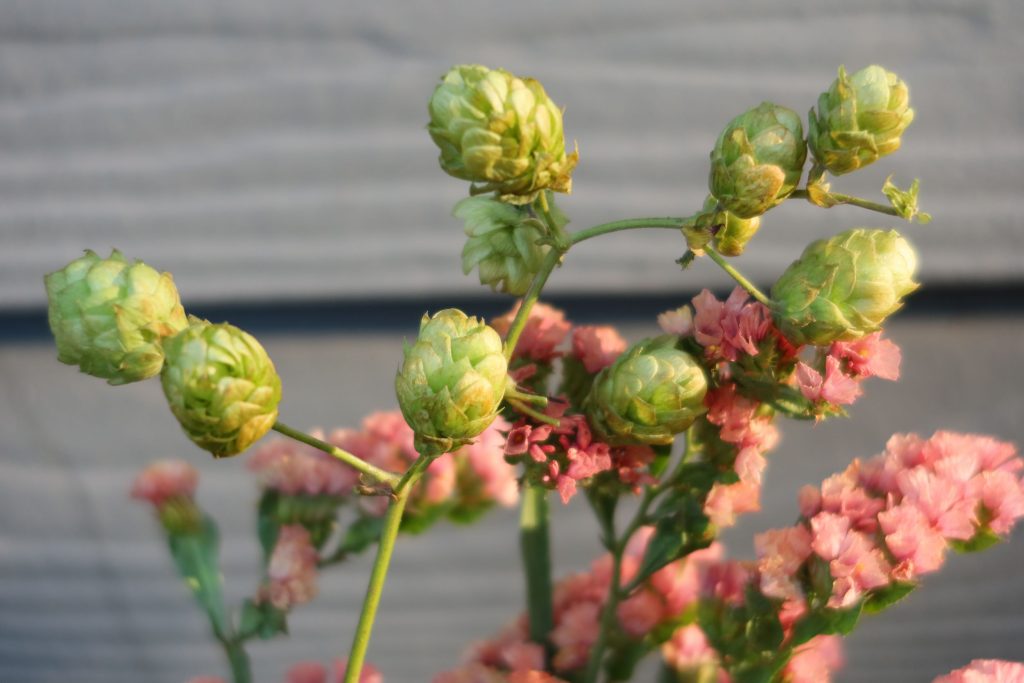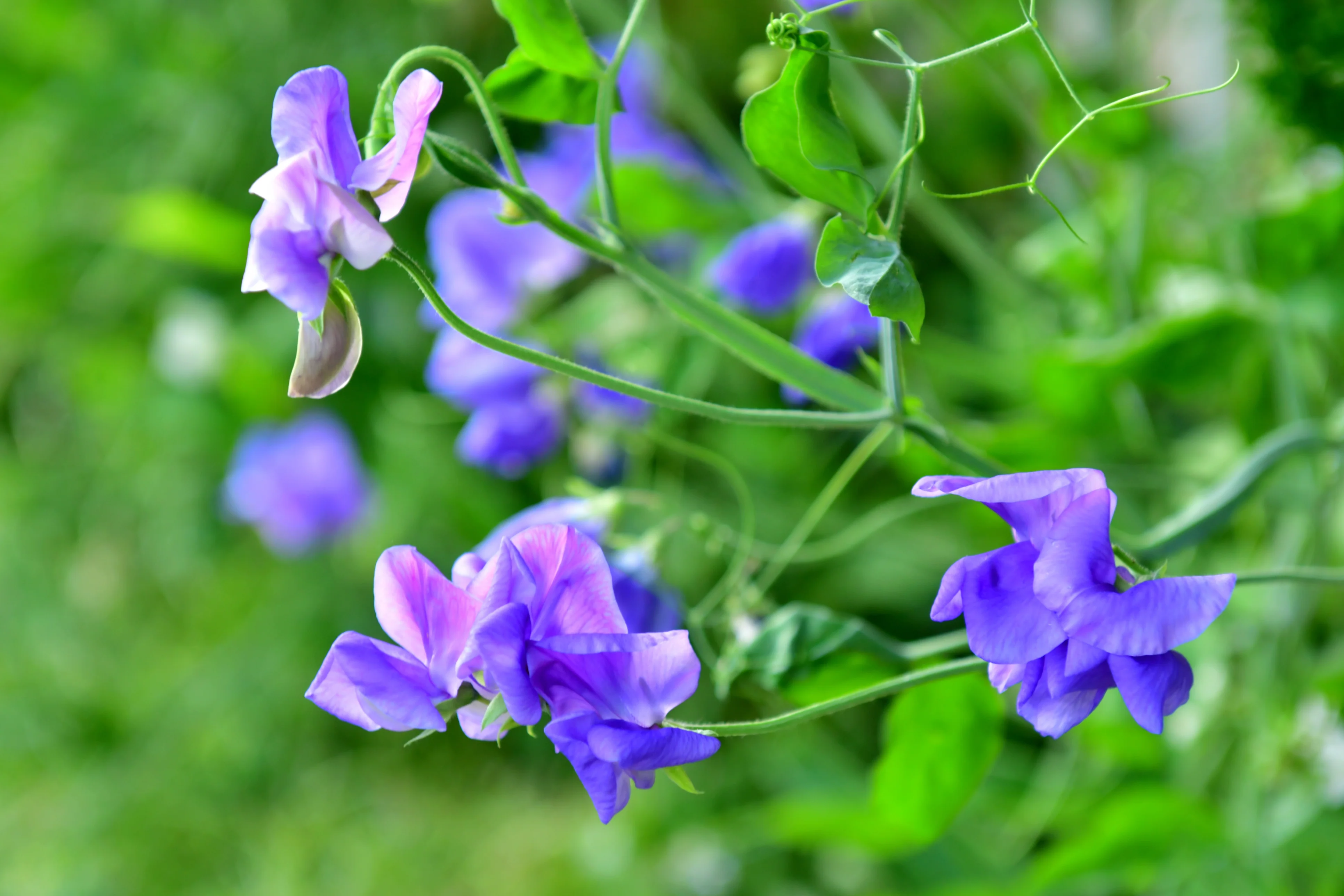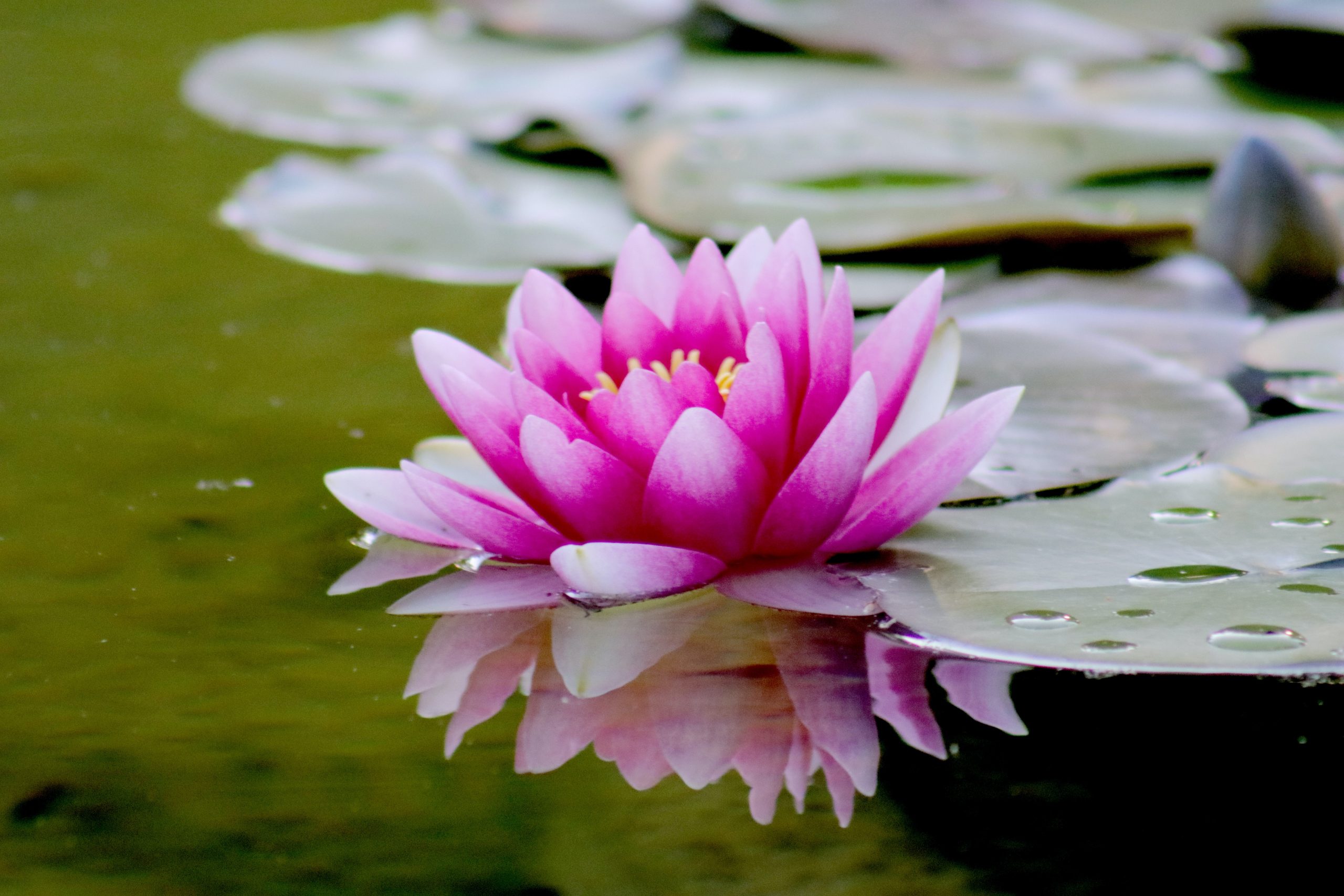Which Flower Best Symbolizes Good Dreams?
The beauty of flowers goes beyond appearances; some can bring good dreams too. Find out which flowers can create a dream-friendly atmosphere.
Author:Suleman ShahReviewer:Han JuNov 09, 202417.8K Shares293.2K Views
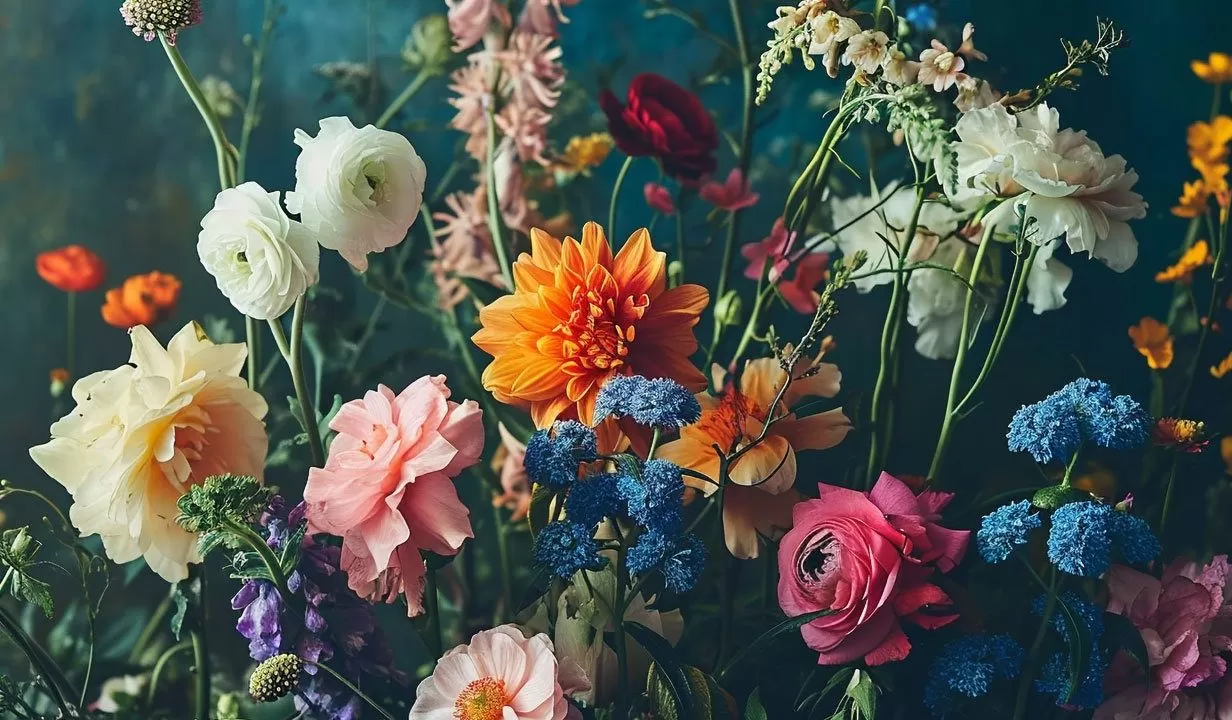
Flowers have long held deep meanings and symbolic associations in cultures around the world. Among these meanings, certain flowers are believed to hold a special power over our dreams, promoting tranquility, peace, and even encouraging positive visions while we sleep. While many may think of flowers only as a feast for the eyes, they can also soothe the mind, calm the senses, and create an ideal environment for a restful night’s sleep.
This article examines the fascinating connection between flowers and dreams, explores specific blooms known to inspire good dreams, and provides tips on using these flowers to enhance your sleep environment.
1. Lavender
Lavender is renowned for its soothing scent and calming properties, making it one of the most popular flowers associated with peaceful sleep and good dreams. The fragrant lavender plant has been used for centuries in aromatherapy to promote relaxation and reduce anxiety. Lavender's delicate purple blooms are symbolic of calmness and spiritual insight, often used in sachets or essential oilsto encourage restful sleep.
- Symbolism and Meaning:Lavender symbolizes tranquility, peace, and protection from nightmares. Its relaxing aroma is known to slow the heart rate and lower blood pressure, creating a sense of calm that prepares the body for sleep.
- How to Use: Place lavender sachets under your pillow, add a few drops of lavender oil to a diffuser, or keep a lavender plant near your bedside to breathe in its calming fragrance throughout the night.
2. Jasmine
Jasmine is a flower that signifies love, beauty, and tranquility. Known for its sweet scent, jasmine has a mood-lifting quality that can help ease anxiety and bring a sense of calm before bedtime. In many cultures, jasmine is believed to bring positive energy and enhance the quality of one’s dreams, making it a cherished symbol of peaceful rest.
- Symbolism and Meaning: Jasmine represents peace, love, and spiritual purity. Its gentle, relaxing aroma is often used in essential oils and perfumes, promoting a peaceful atmosphere and improving the quality of sleep.
- How to Use: Place a jasmine plant near your bedroom window or add jasmine essential oil to your nightly routine by using a diffuser. Jasmine’s soothing scent will help you relax and prepare for a restful night.
3. Chamomile
Chamomile is widely recognized for its calming effects, often used as a natural remedy for insomniaand anxiety. Its small white and yellow flowers symbolize peace and relaxation, and chamomile tea is a popular nighttime beverageto promote sleep. Chamomile’s ability to create a serene environment makes it a powerful symbol of tranquility and restful dreams.
- Symbolism and Meaning:Chamomile represents peace, relaxation, and the warding off of bad dreams. Its mild, floral aroma and sedative effects help calm the mind, making it easier to fall asleep and stay asleep.
- How to Use: Enjoy a cup of chamomile tea before bed to relax your mind and body. You can also place dried chamomile flowers in a sachet under your pillow to benefit from its calming aroma throughout the night.
4. Rose
Roses, especially in soft shades of pink and white, are symbols of love, beauty, and positivity. Roses are often associated with calmness and emotional balance, qualities that can contribute to a peaceful sleep environment. Throughout history, roses have been linked to dreams of love and spiritual awakening, making them a meaningful addition to the bedroom. The white roses meaningspecifically conveys purity, innocence, and new beginnings, adding a serene touch that enhances the calming atmosphere of any space.
- Symbolism and Meaning:Roses symbolize love, beauty, and emotional calm. Their soft, soothing scent is said to create a sense of positivity and happiness, helping to inspire pleasant dreams.
- How to Use: Scatter fresh rose petals around your bedroom, place them in a small dish by your bedside, or use rose-scented oils or candles to fill your room with their gentle fragrance.
5. Gardenia
Gardenias are known for their elegant white flowers and intoxicating scent, which is often used to promote relaxation and a peaceful state of mind. Associated with love, purity, and trust, gardenias are popular in aromatherapy for their stress-relieving properties, making them ideal for creating a calm, dream-enhancing environment.
- Symbolism and Meaning:Gardenias symbolize peace, trust, and purity. Their relaxing fragrance is commonly used to alleviate stress and anxiety, helping to prepare the mind for a restful night of sleep.
- How to Use: Gardenia essential oil can be used in a diffuser or added to a warm bath before bed to create a serene atmosphere that encourages relaxation and peaceful dreams.
6. Valerian
Valerian flowers, though not as commonly known for their fragrance, have long been used as a sleep aid due to their strong relaxing properties. The valerian plant, particularly its roots, has been used in herbal medicine to relieve insomnia, anxiety, and stress, making it a valuable natural aid for better sleep.
- Symbolism and Meaning:Valerian symbolizes calm, relaxation, and sleep. Known for its potent sedative effects, valerian is often taken as a tea or supplement to promote deeper, more restful sleep.
- How to Use: Brew valerian root teabefore bed to calm your mind and body. Alternatively, you can place dried valerian flowers in a sachet under your pillow to experience its sleep-promoting effects.
7. Passionflower
Passionflower is a beautiful, intricate flower that has been used historically as a natural remedy for anxiety and insomnia. Known to have calming effects on the mind, passionflower is believed to help induce a deeper, more restful sleep, promoting dreams that are both peaceful and pleasant.
- Symbolism and Meaning:Passionflower represents tranquility, peace, and spiritual insight. Its calming effects are said to promote relaxation, which can help the mind drift into restful, positive dreams.
- How to Use:Drink passionflower tea an hour before bed to calm your mind and body or use passionflower extract in a diffuser to enjoy its soothing properties throughout the night.
8. Hops
Hops, commonly known for their use in brewing beer, have also been used as a natural sleep aid for centuries. The flower's mild sedative properties help calm the nervous system, promoting relaxation and easing the mind into sleep. In folklore, hops are considered a protector against nightmares and a promoter of deep, undisturbed sleep.
- Symbolism and Meaning:Hops symbolize peace, rest, and protection from nightmares. Known for its sedative effects, hops are popular choice for those looking to improve sleep quality and reduce restless nights.
- How to Use:Place a sachet of dried hops flowers under your pillow to enjoy their calming effects or use hops tea as a part of your nighttime routine.
9. Sweet Pea
Sweet pea flowers are delicate and fragrant, known for their sweet, light scent that has a calming effect. Symbolically, sweet pea represents bliss and gentle pleasure, qualities that make it a fitting choice for promoting peaceful sleep and sweet dreams. Its light, cheerful fragrance is said to inspire happiness and a positive mood, ideal for a restful night's sleep.
- Symbolism and Meaning:Sweet pea represents happiness, bliss, and gentle pleasure. Its light fragrance is believed to lift the spirits, helping the mind relax and encouraging pleasant dreams.
- How to Use:Place fresh sweet pea flowers in a small vase by your bedside or use a sweet pea-scented candle to enjoy its gentle fragrance as you fall asleep.
10. Lotus
The lotus flower is a powerful symbol in many Eastern cultures, representing spiritual awakening, purity, and peace. Though it is more commonly associated with meditation and mindfulness, lotus is also linked to peaceful sleep, encouraging spiritual harmony and calmness that can lead to a positive dream state.
- Symbolism and Meaning: Lotus symbolizes purity, spiritual growth, and peace. Its association with mindfulness and inner peace makes it a fitting flower for creating a calming sleep environment.
- How to Use:Use lotus-scented essential oil in a diffuser or keep a small lotus flower arrangement near your bed for a peaceful ambiance that promotes spiritual calmness and restful sleep.
How To Use Flowers To Promote Good Dreams
To maximize the benefits of these flowers, consider incorporating them into your bedtime routine in a few simple ways:
- Fresh or Dried Flowers Near the Bed: Place a small bouquet of lavender, jasmine, or chamomile flowers near your bed. Fresh flowers emit their natural fragrance, helping you breathe in calming scents that encourage a peaceful state of mind.
- Essential Oils: Using essential oils derived from these flowers can be a powerful way to influence your sleep environment. Lavender and jasmine oils are especially known for their calming effects. Add a few drops to a diffuser or mix with a carrier oil and apply to your wrists or temples.
- Floral Bath Rituals: A warm bath infused with flower petals or a few drops of essential oils can help relax both the body and mind. Adding rose petals or chamomile flowers to your bath water before bed can create a peaceful, dreamy ambiance.
The Science Behind Flowers And Sleep Quality
The link between flower scents and sleep quality isn’t just folklore; sciencesupports these claims as well. Studies have shown that certain flower aromas can reduce heart rate, lower blood pressure, and promote relaxation. Lavender, for example, is backed by research for its calming effect on the nervous system, which helps reduce anxiety and improve sleep quality.
Similarly, jasmine’s scent has been shown to reduce stress levels and promote a sense of tranquility, making it a valuable aid in enhancing the quality of sleep. Chamomile’s properties are also scientifically recognized; its mild sedative effects promote relaxation, which is why it’s a common ingredient in sleep teas and essential oils. These findings highlight how these flowers’ soothing scents work biologically to support restful, dream-rich sleep and illustrate the benefits of dreamingfor mental and emotional well-being.
Other Symbols Of Good Dreams In Floral Art And Decor
Floral motifs have been used in art and decor for centuries to create peaceful, dreamlike environments. Whether in paintings, bedding patterns, or wall decor, flowers are often incorporated to evoke calmness and positivity. For example, lavender or rose-patterned bedding can subtly remind the mind of these flowers’ calming effects, setting the stage for a relaxing night.
Home decor items such as pressed flower frames or dried flower wreaths can add a natural, serene touch to the bedroom, creating an environment that feels connected to nature and conducive to restful sleep. Integrating floral elements, such as the daisy flower, in decor helps to maintain a harmonious atmosphere that encourages peaceful dreams and relaxation.
FAQs
Which Flower Is Best For Promoting Peaceful Dreams?
Lavender is widely regarded as one of the best flowers for promoting peaceful dreams due to its relaxing aroma and calming properties.
How Can I Use Flowers In My Bedroom To Encourage Good Dreams?
You can place fresh or dried flowers near your bed, use essential oils in a diffuser, or incorporate floral motifs in your bedroom decor to create a calm environment.
Does Science Support The Idea That Flower Scents Improve Sleep?
Yes, scientific studies show that certain flower scents, like lavender and jasmine, can reduce stress and enhance sleep quality, making them valuable for better dreams.
Are There Specific Flowers That Help Prevent Nightmares?
Lavender and chamomile are traditionally believed to ward off nightmares and promote calmness, making them ideal choices for those seeking peaceful sleep.
Can Flower Teas Help With Sleep And Dreams?
Yes, chamomile tea is well-known for its sleep-inducing effects, helping relax the mind and body, which can lead to better, more restful dreams.
Final Thoughts
Flowers have enchanted people for centuries, not only with their beauty but with the calming and symbolic powers they bring to our lives. By incorporating flowers like lavender, jasmine, and chamomile into your sleep routine, you can invite peaceful, positive dreams and enhance the quality of your rest.
Through fresh blooms, essential oils, or floral decor, these natural wonders hold the power to transform any bedroom into a sanctuary of good dreams. Try adding these flowers to your evening routine and let their timeless charm guide you toward a restful night.

Suleman Shah
Author
Suleman Shah is a researcher and freelance writer. As a researcher, he has worked with MNS University of Agriculture, Multan (Pakistan) and Texas A & M University (USA). He regularly writes science articles and blogs for science news website immersse.com and open access publishers OA Publishing London and Scientific Times. He loves to keep himself updated on scientific developments and convert these developments into everyday language to update the readers about the developments in the scientific era. His primary research focus is Plant sciences, and he contributed to this field by publishing his research in scientific journals and presenting his work at many Conferences.
Shah graduated from the University of Agriculture Faisalabad (Pakistan) and started his professional carrier with Jaffer Agro Services and later with the Agriculture Department of the Government of Pakistan. His research interest compelled and attracted him to proceed with his carrier in Plant sciences research. So, he started his Ph.D. in Soil Science at MNS University of Agriculture Multan (Pakistan). Later, he started working as a visiting scholar with Texas A&M University (USA).
Shah’s experience with big Open Excess publishers like Springers, Frontiers, MDPI, etc., testified to his belief in Open Access as a barrier-removing mechanism between researchers and the readers of their research. Shah believes that Open Access is revolutionizing the publication process and benefitting research in all fields.

Han Ju
Reviewer
Hello! I'm Han Ju, the heart behind World Wide Journals. My life is a unique tapestry woven from the threads of news, spirituality, and science, enriched by melodies from my guitar. Raised amidst tales of the ancient and the arcane, I developed a keen eye for the stories that truly matter. Through my work, I seek to bridge the seen with the unseen, marrying the rigor of science with the depth of spirituality.
Each article at World Wide Journals is a piece of this ongoing quest, blending analysis with personal reflection. Whether exploring quantum frontiers or strumming chords under the stars, my aim is to inspire and provoke thought, inviting you into a world where every discovery is a note in the grand symphony of existence.
Welcome aboard this journey of insight and exploration, where curiosity leads and music guides.
Latest Articles
Popular Articles
